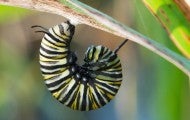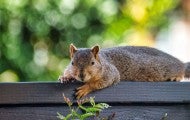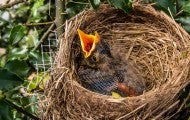Showing 7 of 7 results
Longtime Trust friend Fred Ziegler became the first founding member of the Humane Stewardship Alliance, pledging to follow humane stewardship principles in managing his nearly 2900 acres in Tennessee. With three streams and 1.5 miles of frontage along one of North America’s most biologically rich...




